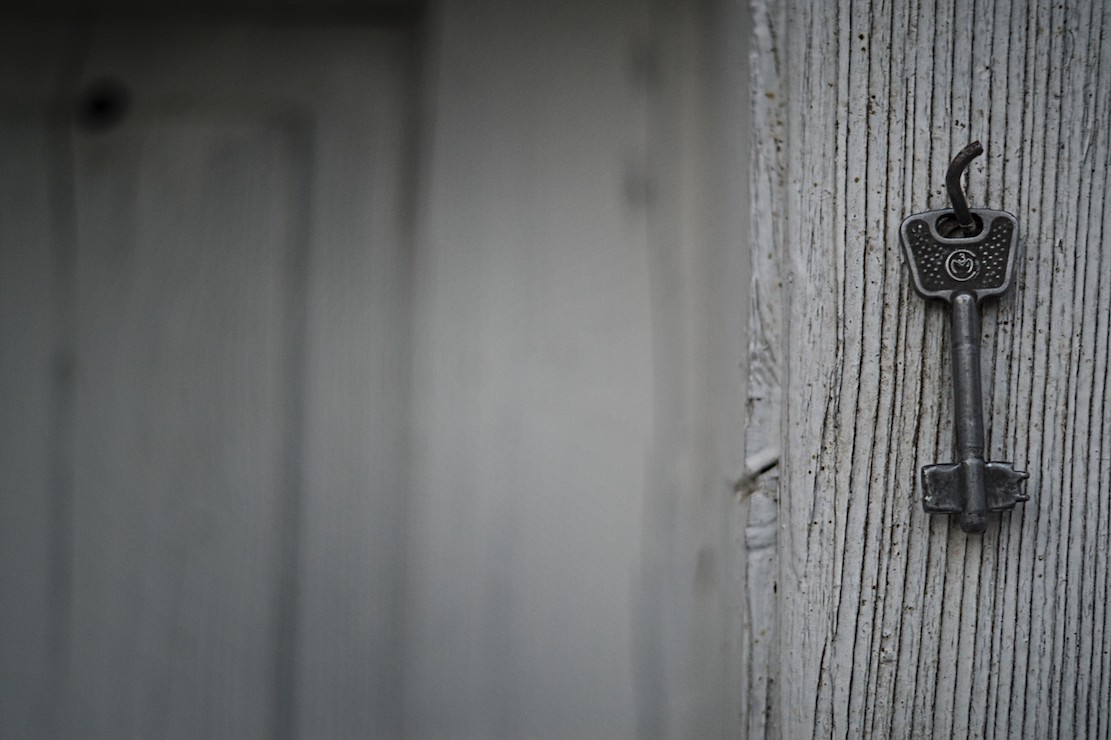Willingness.
It is the one thing that determines how successful my clients are in therapy, and ultimately, in their life.
Why? Because it is a state of openness.
Ultimately, if there is a challenge showing up, it is happening because there is an adjustment needed.
A lesson wants to be learned. A shift wants to happen. Growth is on the horizon.
Being receptive creates space to allow what naturally wants to happen. What wants to happen isn’t always easy because it doesn’t always match what we think should happen.
The opposite of willingness is being defensive, shut down or avoidant.
Consider how those states serve as a way of closing as opposed to opening. They serve to “stop” and “protect”.
That is not bad. It is a natural reaction when something is uncomfortable, right? We want to stop discomfort and protect ourselves from it.
However, it is rarely productive. And, most of the time, it is costly. It costs time, money (therapy takes WAY longer if we have to spend the bulk of the time dealing with defenses), it may cost the quality of your relationship and daily life.
Consider this:
I have seen clients grow by leaps and bounds in very short periods of time because they were willing to think about things differently, willing to feel their feelings, willing to look at why issues are arising and learn through their experiences.
The intensity of the challenge rarely matters if there is willingness.
On the other hand, I have seen smart, capable people experience little progress in therapy because of a difficulty getting into a receptive and willing state.
The same thing goes for couples: no matter what the challenge, if each person is willing to be open, reflect and learn through it, most issues are surmountable.
People often ask me if there is any hope of getting through things. I always say there is hope as long as there is willingness.
How do you cultivate willingness?
ONE: When discomfort shows up, practice changing your orientation to it.
Obviously, you will know if something is bothering you. Once you are aware that something is up, try to view it with curiosity: What is this about? Right there, you are shifting into an open state. This is opposed to thinking “it shouldn’t be like this”.
I’m not saying you need to love what is happening. You can totally hate it AND be open to it.
TWO: When someone gives you feedback, practice relaxing your defenses.
You will know that your defenses are coming into play because it will feel like you need to urgently interrupt or respond. Breathe. Try to listen the whole way and see what they are trying to tell you. You will have a chance to respond. There is no rush.
**This is assuming the person giving you feedback is not attacking you. In which case, you might need to protect yourself.
THREE: Call it out
If you feel yourself being guarded, defensive or like you want to run away from what is happening in a conversation, say it. Say “I’m feeling super defensive right now”. It takes the air out of the balloon. Maybe that is all you say.
When you say that, it is not for the other person (although, it could be helpful to them too). It is for you. So you can be aware. It will create some space for you to shift into becoming more receptive. Or maybe help you request that the other person change how they are talking with you.


November 1, 2019
[…] that you are willing to play this game. This is crucial. It won’t work unless you have willingness on both sides. It does require a level of self awareness and ability to communicate as […]
November 15, 2019
[…] Being willing goes a long way. In fact, it is one of the best predictors of successfully working through any challenge. Read more about that here. […]